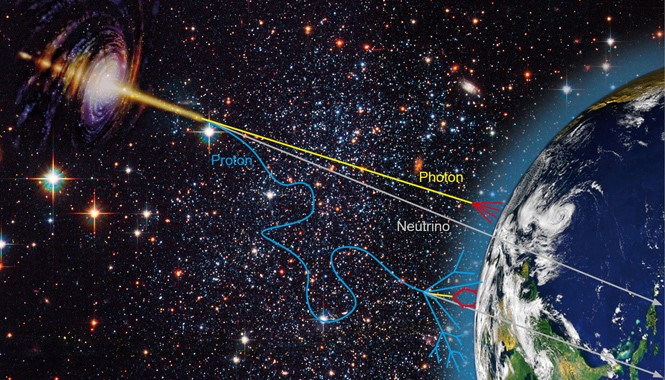
Modern computers have developed in a tight symbiosis with computations in physics, and their development has proceeded through mutual interaction. Computational Physics has been rapidly maturing as the third leg of the scientific enterprise alongside Experiment and Theory.
The increase in computing power has been so great that it has effectively resulted in a qualitative change in the way computers can be used, and in the emergence of Computational Physics as a distinct methodology. With Exascale computers coming on line in the near future and Quantum Computing looking increasingly likely to become a reality, the future of Computational Physics is certain to unveil new and exciting surprises.
Annual conferences, CCP20xx, are held under the auspices of IUPAP, endorsed by the C20 Commission. The goal of this series is to assemble computational scientists working in physics and related areas to exchange latest developments in computational techniques and their appli- cations.
A Young Scientist Prize in Computational Physics is presented annually to a young scientist within 8 years after their PhD with original work of outstanding scientific quality in Computational Physics.
Please send updated information and corrections to the IUPAP Administrator.




